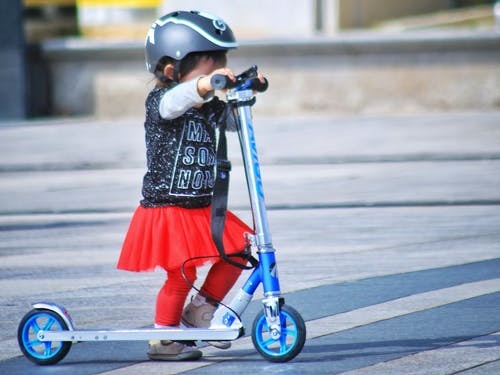I share quite often on how important it is for me to express authentic emotion in my home. It’s a huge responsibility as a caregiver to help guide children through what a feeling is, how to identify and share that feeling, and offer healthy coping skills that allow for feelings to surface, process and pass. The best way to do all of this is through “modeling” it within your own life.
While being vulnerable and honest is a crucial component, how do you know when you have “crossed the line” and shared too much with your child?
Truth is, sharing and being honest with a child is only effective within the constraints of boundaries. Without boundaries, it is easy to cross over into the enmeshed family system- which leads to anxiety, codependency, and a potential lifetime of turmoil and role confusion.
Children really do love to help. They will easily step into “friendship” mode with you if you let them. This is not to say that a natural friendship doesn’t grow as a child matures. However it is important to be clear and consistent that a parent is parent, and a child is child, always. Children do not deserve the burden of carrying your needs and comforting you.
Some honest questions to ask yourself before opening up to your child are:
-
Am I sharing this because I need to feel seen or heard?
-
Am I sharing this because I want to hurt someone through my child?
-
Will sharing this with my child cause them to feel unsafe in any way?
-
Am I hoping my child will support or guide me in this?
-
Am I sharing this because I feel alone or confused?
-
Will this burden or harm my child?
If you answered “yes” to any one of these questions, then you are better off calling a friend to chat then talking with your child about the issue at hand.
For a lot of you, you were forced to grow up too quickly. You lost your childhood, and became parent or friend to your caregiver too soon. However it is important that you don’t repeat this pattern. It is not your child’s job to fix what is broken in you, or to understand the hurts of your childhood. That is the healing work you need to do yourself.
It takes awareness and intention. One major point to remember is how important SAFETY is for a child. We need safety to explore, connect, learn, gain confidence and try new things. Without it, everything beneath the surface suffers. If sharing something with your child jeopardizes their safety in ANY WAY, you may need to reconsider your initial motivation behind sharing.
It is possible to be honest and vulnerable with your child, without dumping your stuff on them. Usually all it takes is a few tweaks in verbiage. Take for example you lost your job, instead of “well money doesn’t grow on trees, and I lost my job so money is tight,” perhaps try “yes I lost my job but I will find another one. I will always make sure you have what you need, don’t worry.” Another example is if parents are going through a separation, instead of “your dad is selfish, that is why we aren’t together,” you could try “your dad and I have disagreements, but we still love you and that will never change.”
See how the shift allows for safety to be primary, while also remaining honest? This is the balance and it all starts with SAFETY. We don’t need to shield children from the truth, we need to be conscious about how we share it. We can be honest with our kids without stealing their childhood away from them. Let me know what you think.
Yours in healing,
CB

Courses on Boundaries, Heal from Codependency, Stewardship, and Rising Daughters are all available immediately for access to every active DYW member. Not only do you receive the self-paced video courses, but you get access to a monthly masterclass (including all the previous ones), bonus content, and email support with me.
Don’t wait… Join us today!
Now is the time to Discover Your Worth.

